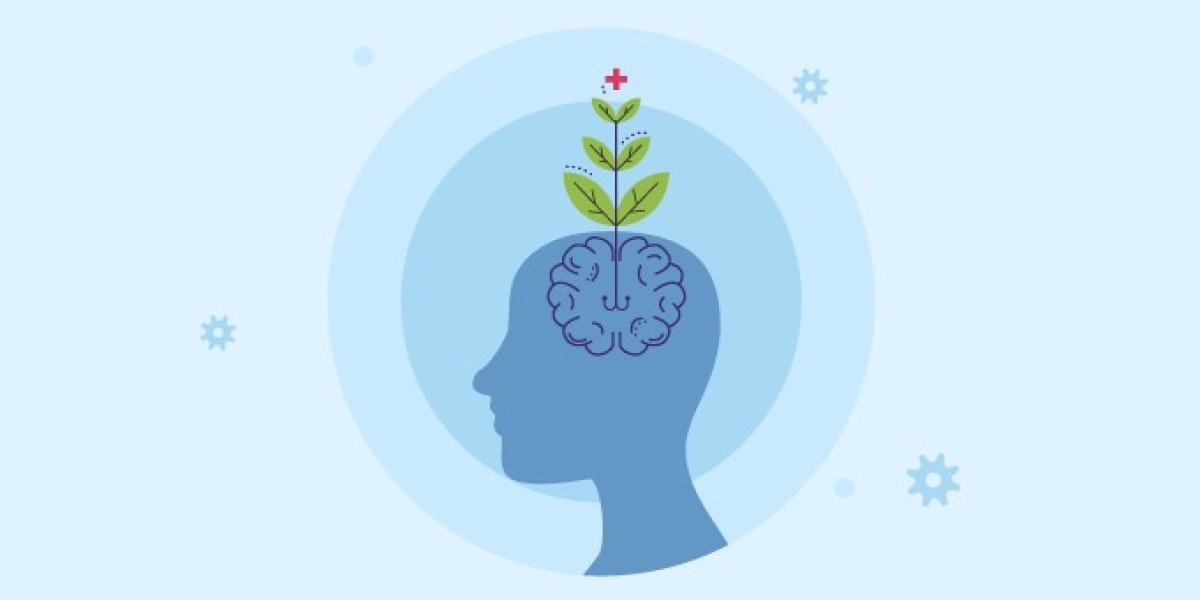Living in the digital age brings countless benefits, from instant communication to access to information at our fingertips. However, it also presents challenges, particularly concerning mental health. Let's explore how the digital age impacts our well-being and discover coping mechanisms and tools to navigate this modern landscape.
Understanding Mental Health in the Digital Age
The digital age, characterized by constant connectivity and information overload, can contribute to stress, anxiety, and other mental health issues. Factors such as social media comparisons, digital overload, online harassment, and the pressure to be always available can take a toll on our mental well-being.
Coping Mechanisms in the Digital Age:
- Digital Detox: Take breaks from digital devices, such as smartphones, computers, and social media platforms. Allocate specific times during the day to disconnect, engage in offline activities, and focus on self-care.
- Set Boundaries: Establish healthy boundaries with technology by defining specific usage times, restricting notifications, and prioritizing real-life interactions.
- Practice Mindfulness: Incorporate mindfulness techniques, such as meditation, deep breathing exercises, and grounding activities, to cultivate present-moment awareness, reduce stress, and enhance mental clarity.
- Seek Support: Connect with trusted friends, family members, or mental health professionals for support, guidance, and understanding. Discussing your feelings, experiences, and concerns can provide perspective, validation, and relief.
- Engage in Physical Activity: Incorporate regular physical activity, such as walking, jogging, yoga, or dancing, into your routine. Physical exercise releases endorphins, improves mood, reduces anxiety, and promotes overall well-being.
Tools for Mental Well-being:
- Mindfulness Apps: Explore mindfulness and meditation apps, such as Headspace, Calm, or Insight Timer, to guide you through relaxation techniques, breathing exercises, and stress reduction practices.
- Digital Wellness Tools: Use digital wellness features available on smartphones and devices to monitor screen time, set usage limits, and create healthy digital habits.
- Online Therapy Platforms: Consider online therapy platforms like BetterHelp or Talkspace, offering affordable, convenient, and accessible mental health support from licensed professionals.
- Journaling Apps: Explore journaling apps like Day One or Journey to express your thoughts, emotions, and experiences, fostering self-reflection, self-awareness, and emotional processing.
Conclusion:
While the digital age presents challenges to our mental health, understanding its impact and implementing coping mechanisms and tools can empower us to navigate this modern landscape effectively. By prioritizing self-care, setting boundaries, seeking support, and utilizing available resources, we can cultivate resilience, balance, and well-being in a digital world. Remember, it's essential to prioritize your mental health, seek help when needed, and embrace strategies that resonate with your unique needs and preferences.








